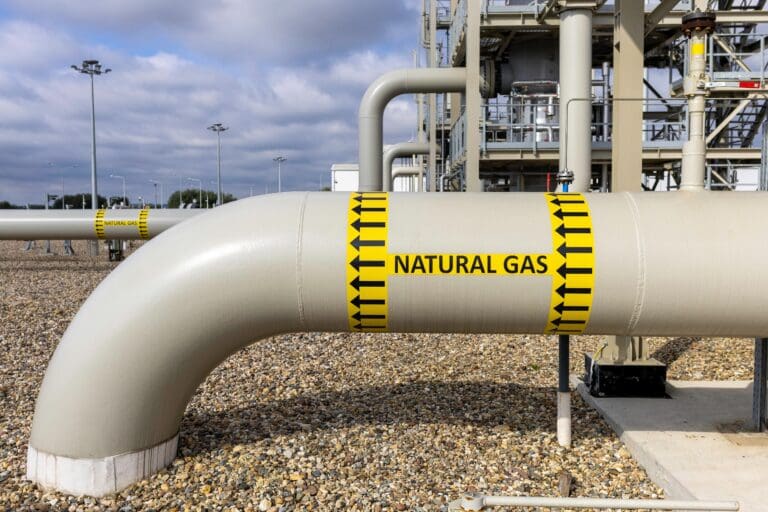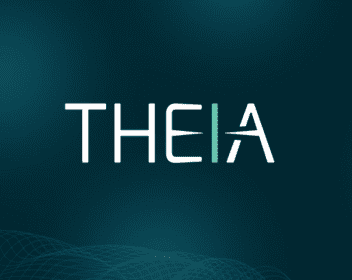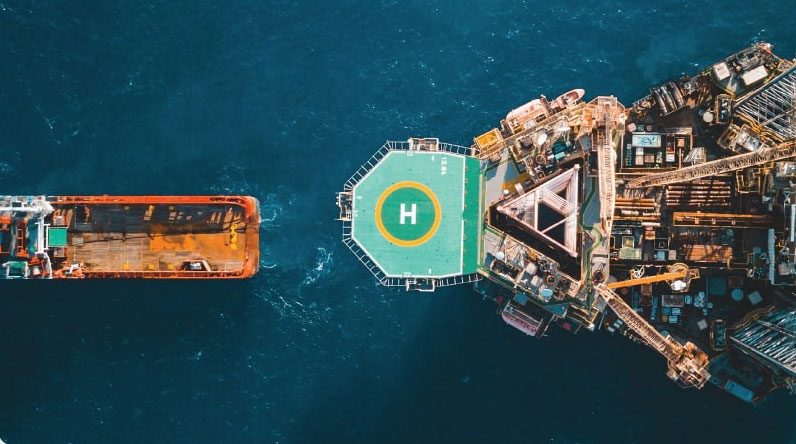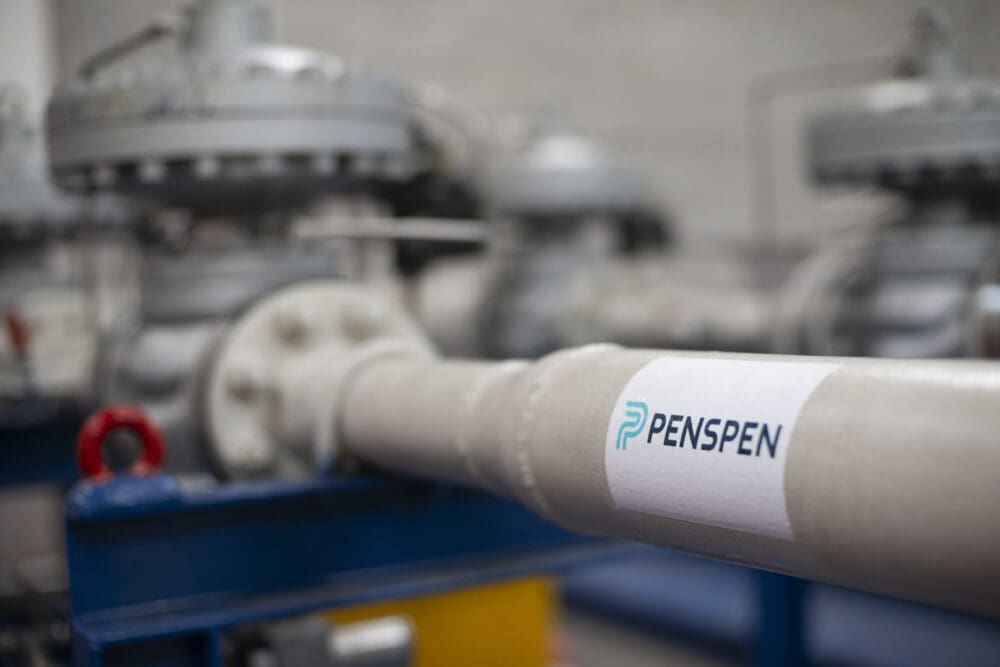Data Management Strategies for an Efficient Implementation of Industry 4.0 Integrity Assessments

Abstract
Operators have a choice of a vast range of specialised integrity assessment software. Often implementation requires investment of significant resources and full return on investment may not be realised. Is it therefore even reasonable to expect that existing software is phased out before the planned amortisation date or point of obsolescence in favour of a single solution?
The authors believe not; this however highlights the existing problem of compartmentalisation within integrity management. An operator, inspection company or engineering consultancy may have implemented the leading software for each specific threat to integrity, but in many cases data transfer is limited to human intervention, often using spreadsheets. The risk caused by human induced errors, and of specific threats being overlooked is increased if integrity assessments are performed in non-interconnected silos.
Cloud infrastructure, artificial intelligence, proliferation or sensing devices, improvements in remote sensing technology, faster processors, access to skills and organisational cultural changes offer opportunities for the pipeline industry to better manage risk to pipelines. In a digital era why would an operator of a pipeline producing dynamic and or high risks accept the results of an assessment based on data that can commonly be 6 months older or more? We know we can access live data from sensors such as corrosion probes, pressure and other operating parameters, so why would the assessment continue to be referenced to a single point in time?
A key question might be; is digitalisation enough, or should the industry be aiming higher and be implementing an Industry 4.0 compatible strategy?
The authors aim to define the above, answer these questions, and demonstrate how improved data management, and improved formats for data transfer can allow implementation of Industry 4.0 pipeline integrity management which reduces compartmentalisation and allows improved deliverables such as live integrity assessments and reporting, which overall can help operators reduce the risk of future pipeline failure.
Insights & News
Curiosity, Commitment, and Corrosion: Our People – Yureis Villasmil
Passionate about personal development, integrity engineer Yureis shares how her her work contributes to the safe and sustainable delivery of energy throughout Latin America. ...

Development and Implementation of Asset Integrity Management Systems
In the case of facilities, integrity management is somewhat more complex than for pipelines, due to the nature and complexity of these types of assets, which distinguish them from a main...

Pipeline Performance vs Dust
In the latest integrity issue of World Pipelines, Penspen Asset Integrity experts explore how dust impacts the integrity, reliability, and safety of gas transmission and distribution systems, and...

A New Landscape: Our People – Nick Molnar
Nick is a Senior Pipeline Integrity Engineer at Penspen. Since joining the team in November 2024 and relocating from Canada to Abu Dhabi, he’s been an integral part of Penspen’s Centre of...

Penspen delivers record year with $500m in contract awards in 2025
Chief Executive Officer, Peter O’Sullivan: “2025 stands out as one of the strongest commercial and delivery years in Penspen’s history.” Penspen has announced a record year, securing $500...

Penspen Awarded Major CO₂ Pipeline Study in Switzerland
International engineering consultancy Penspen has been awarded a pre-FEED study by CO₂ Pipeline Schweiz AG to support the development of a national CO₂ transport system in Switzerland. The study...

Penspen Launches Game-Changing THEIA Pockets™, Enabling Custom Analytics Securely in One Platform
New capability lets integrity engineers create, run and share their own analysis scripts within THEIA, Penspen’s digital pipeline integrity platform. International engineering consultancy Penspen...





